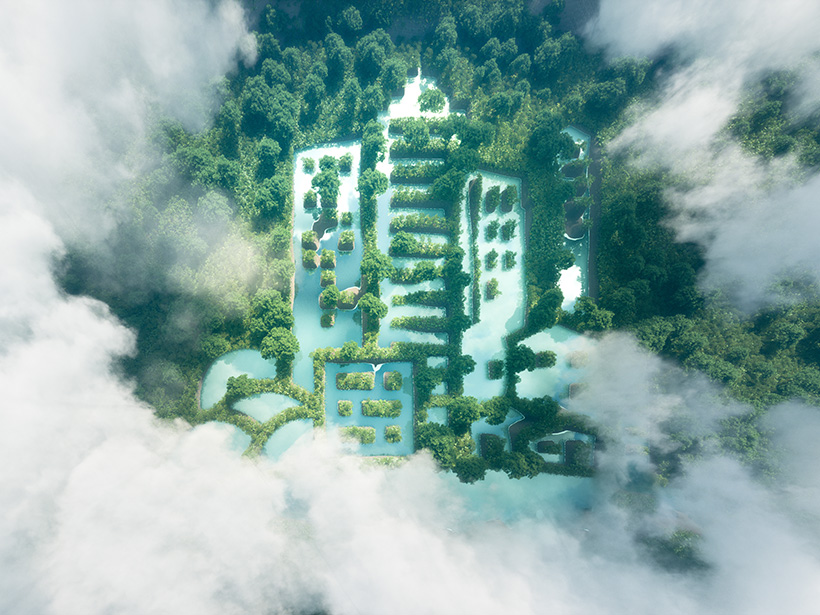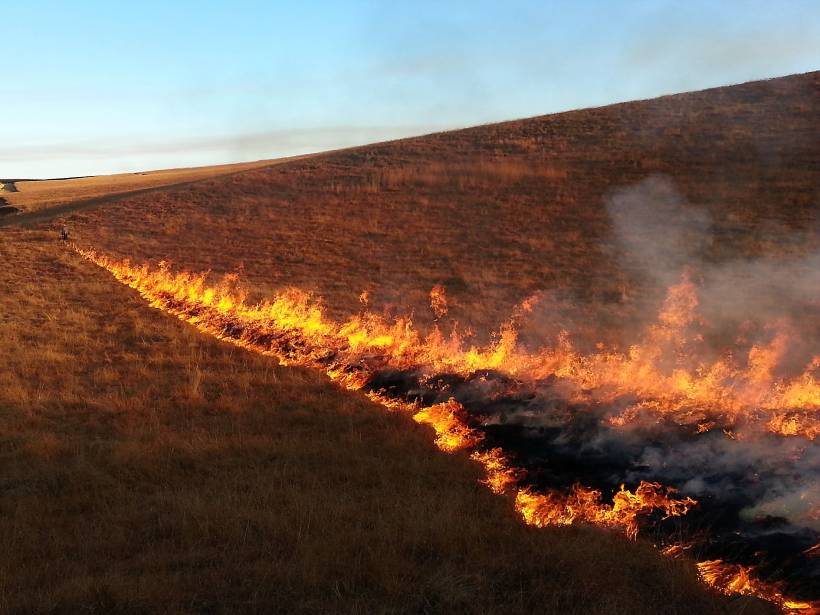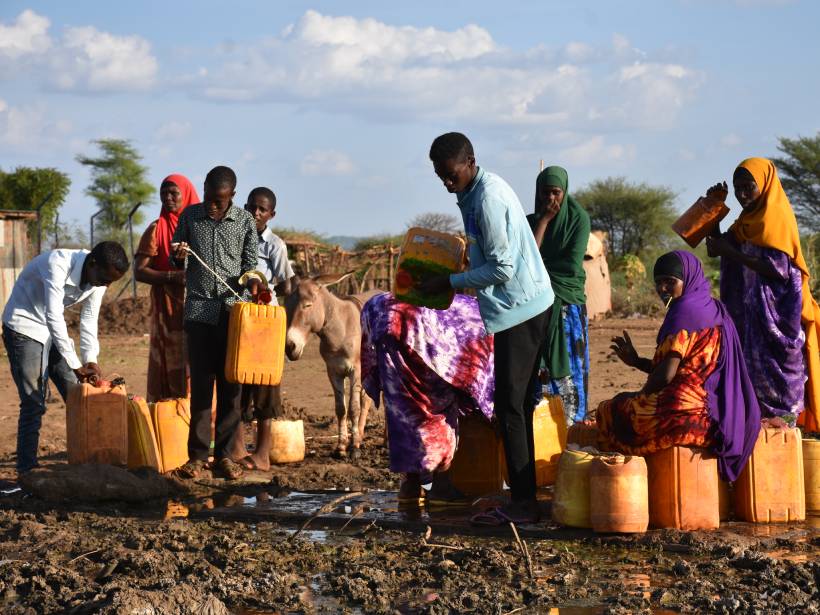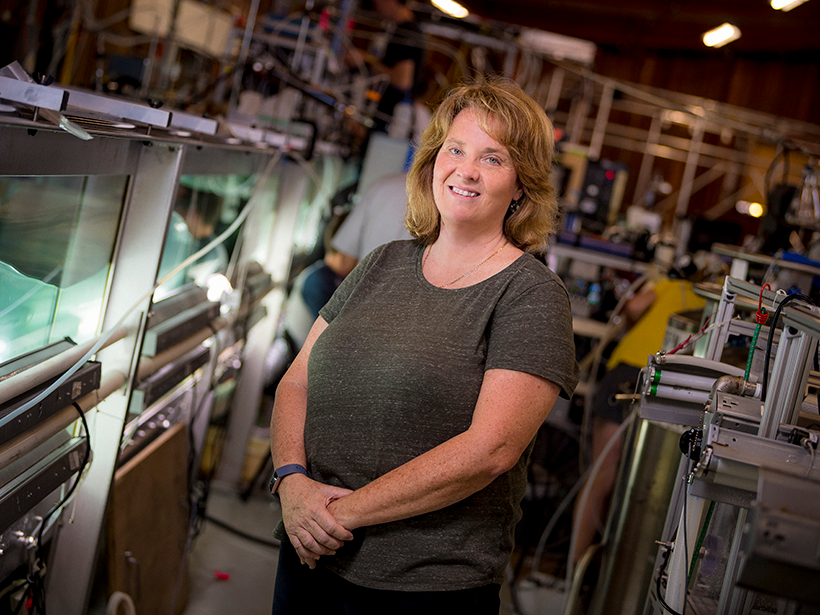Critics say companies are failing to develop adequate emergency procedures to protect construction workers on hydropower plants in the Himalayas.
News
A Space Hurricane Spotted Above the Polar Cap
Researchers have identified a high-latitude phenomenon that looks remarkably like a tropospheric hurricane, with spinning arms of plasma and a shower of electrons.
A Reminder of a Desert’s Past, Before Dingo Removal
A fence spans Australia’s Strzelecki Desert, keeping dingoes out of the southern side. Drone and satellite technology have illustrated how removing this top predator changes vegetation growth.
Rare Wintertime Thunderstorms Recorded over the U.S. Gulf Coast
“Thundersnow”—thunderstorm activity accompanying a winter storm—was spotted near southern Texas earlier this year.
Chasing Carbon Unicorns
According to a new report, net zero targets many governments are pursuing are distractions from the urgent need to drastically reduce carbon emissions.
Oak Trees Offer a Continuous Climate Record for Central Europe
A method using nonpooled, continuous stable carbon and oxygen isotopes recorded in oak trees benefits climate reconstructions.
Zooming In on Small Fires in Africa
By analyzing high-resolution satellite images, researchers found that fires burning in Africa were undercounted by as much as 80%.
Scientists Map Africa’s Groundwater Recharge for the First Time
The continent-wide survey provides an assessment of the resilience of groundwater resources.
Exploring Venus by Balloon
Aerobots could help reveal secrets of Earth’s mysterious twin planet.
Aerosol Scientists Try to Clear the Air About COVID-19 Transmission
“We are basically doing what a public health agency should be doing.”










